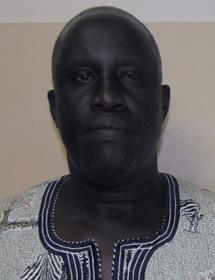
About
Paul Wel is passionate about helping others, especially in war and natural disaster afflicted areas. He was drawn to study at OAC because of its world-class reputation and its unique researchers with specializations and experience in international capacity development and extension. Paul’s time is currently divided between South Sudan where he is working, Canada where his family lives, and the United States where he is pursuing his doctoral studies at the Texas A&M University.
“My work with women who have taken up agroforestry technologies for food security and peacebuilding, I am more than certain, will eradicate poverty in South Sudan in a sustainable manner.” – Paul Wel
Paul’s master’s thesis was focused on the sharing of information on a variety of farming techniques, especially agroforestry technologies, with communities in South Sudan. Agroforestry refers to agriculture that incorporates the cultivation and conservation of trees. The use of these agricultural practices increases food supply and offers a source of income for farming women, which ultimately leads to the ability to send their children to school.
He has put his master’s degree to practice by working with the Borlaug Institute project of Texas A&M University, which provides agricultural training, leadership and communication to the disenfranchised farmers of South Sudan. It is an innovative project that helps farmers utilize their local knowledge in helping other farmers achieve food security. By familiarizing adult farmers, especially women who are often illiterate, with new farming techniques, the hope is to build a peaceful community, eradicating poverty in South Sudan while conserving the local environment.
Throughout his career Paul hopes to continue working in support of resources-poor communities in South Sudan, who are afflicted by severe and protracted civil wars and famine. He feels especially passionate about the importance of South Sudanese born Canadians, such as himself, returning to help their countrymen, as they understand the context better than an expatriate individual who may not understand the culture in South Sudan.
Posted on September 18, 2014